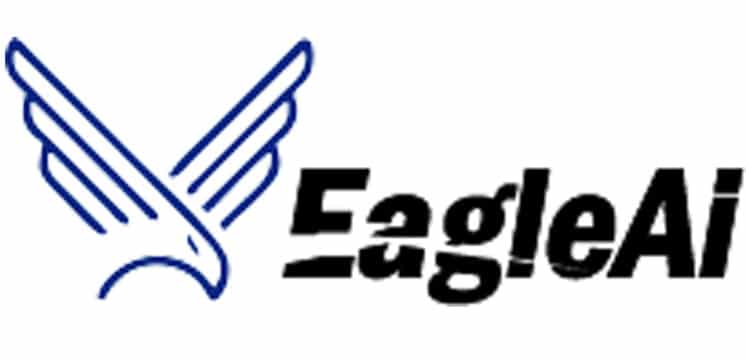Voting rights groups are urging election officials to reject a new tool that some conservatives are backing as a way to root out voter registration fraud.
According to a document provided to the Georgia State Elections Board and just obtained by CNN through a public records request, the “EagleAI NETwork,” is pitching its software as “the tool of reckoning across the nation” to help validate, maintaining review election rosters.
That follows a report from the Atlanta Journal Constitution last month that, with the support of Republican “election integrity” activists, EagleAI was attempting to sell software to Georgia election officials and residents to allow them to aggressively cancel voter registrations.
The software purportedly allows people to do their own reviews of voter registrations after getting a “license and credentials.”
Voting rights advocates are warning that the software could be abused in attempts to disenfranchise legitimate voters.
As of August, Georgia was already planning to cancel 191,000 inactive voter registrations, but EagleAI has asserted that the state’s voter rolls are bloated with people who have died or moved away—a claim with which Georgia Secretary of State Brad Raffensperger vehemently disagrees, stating that his state’s voter lists are “the cleanest in the nation.”
Andrew Garber, counsel at the Brennan Center for Justice, further asserts that “EagleAI is another front on the attacks on elections.”
The left-leaning think tank has raised concerns such as that the data EagleAI NETwork plans to use will not “contain enough identifying details to confidently match individuals,” which would lead its users to potentially target legitimate voters for removal from the rolls.
EagleAI NETwork’s founder, Dr. John W. “Rick” Richards Jr., a physician, brushed off those concerns during an interview with CNN as “total BS.”
“We are trying to help validate the voter rolls to improve the integrity of that part of the process,” Richards said, adding that trained software users would only share “accurate” data with election officials after reviewing multiple sources of information including voter rolls, Social Security death records and national change-of-address data.
Richards, a self-described “serial entrepreneur,” has previously said the company’s software does not include party information, and he insists that it has received support from both Democrats and Republicans.
But Georgia Elections Director Blake Evans has argued that the software offers “offers zero additional value to Georgia’s existing list maintenance procedures.”
Eagle AI is touting itself as an alternative to ERIC—the Electronic Registration Information Center—first formed in 2012 at the Pew Charitable Trusts. The non-profit had until recently enjoyed bipartisan support in more than 30 states and Washington DC for its efforts to help keep voter rolls updated and free from opportunities for fraud.
However, the program has reportedly been straining of late under misinformation from election deniers, who falsely claim ERIC is a left-wing apparatus that shares voter data with liberal groups, and so far at least nine states—with Republican legislatures—have withdrawn from ERIC’s anti-voter fraud program.
CNN reached out to election officials in those nine states. Several said they hadn’t been pitched by EagleAI on its software. Officials in Georgia, North Carolina, West Virginia and Texas did confirm that they have been pitched on the software, but none confirmed plans to use it.
In March, the EagleAI NETwork presented its software to to the conservative Election Integrity Network, a group organized by attorney Cleta Mitchell—whom Georgia’s special grand jury recommended for indictment, according to its recently released final report on 2020 election interference. She was on the phone call to Raffensperger on January 2, 2021, during which then-President Trump pressured his fellow Republican, who recorded the call, saying, “I just want to find 11,780 votes, which is one more than we have.”
“The left will hate this…but we love it,” Mitchell said at a March meeting with EagleAI execs.


